After Apple shut down the mechanism that Android app Beeper Mini was using to bring iMessage to Android users, Beeper Mini's developers today said that they have found a way to bring the app back, albeit with some major changes.
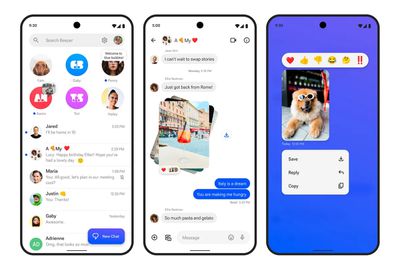
The new version of the app requires users to sign in with an Apple ID, which was not needed with the prior version. All iMessages are also now sent and received through an email address rather than a phone number, though a fix is in development.
The prior version of Beeper Mini did not require an Apple ID, and it registered each Android user's phone number with Apple's iMessage servers without Apple's permission. The app's developers used reverse engineered iMessage protocols for the initial Beeper Mini release, taking advantage of Apple's iMessage servers.
Registering Android phone numbers with iMessage servers allowed Android users to send blue bubble messages to iPhone users, and the app supported all iMessage functionality, including read receipts, typing indicators, reactions, and more.
Apple was not keen on a third-party app registering non-iPhone numbers with its iMessage servers, and Apple ended up blocking Beeper Mini on Friday. Beeper Mini users were unable to send and receive messages when Apple made a change to its iMessage servers, and Beeper Mini founder Eric Migicovsky said at the time that Apple had found a way to stop Beeper Mini from working.
Apple on Saturday released a statement confirming that it took steps to shut down Beeper Mini. Apple said that the techniques that the app used posed risks to the security and privacy of iMessage users.
At Apple, we build our products and services with industry-leading privacy and security technologies designed to give users control of their data and keep personal information safe. We took steps to protect our users by blocking techniques that exploit fake credentials in order to gain access to iMessage. These techniques posed significant risks to user security and privacy, including the potential for metadata exposure and enabling unwanted messages, spam, and phishing attacks. We will continue to make updates in the future to protect our users.
In a blog post, the Beeper Mini team said that Beeper Mini had the "fastest growing paid Android application in history," with more than 100,000 downloads. This is evidence that Android and iPhone customers "desperately want to be able to chat together" with all of the features available on iMessage.
The reason for its success is clear: Android and iPhone customers desperately want to be able to chat together with high quality images/video, encryption, emojis, typing status, read receipts, and all modern chat features. We all want a fun, easy and secure way to chat. For a glorious 3 days last week, Beeper Mini made this possible.
Beeper Mini's developers say that despite reaching out to Apple, they have not heard back. It is unlikely that Apple will give in and allow Beeper Mini to function as it did, and Apple may shut down further functionality as well if it can.
There were questions about whether Apple would be able to put a stop to Beeper Mini because of the way that it mimicked an Apple device and registered phone numbers as Apple users, but Apple found a way. Apple does have plans to bring all iMessage like features to chats between iMessage users and Android users through RCS, a protocol that Apple will add to iPhones next year.
RCS will bring support for high quality video and images, emoji reactions, typing indicators, read receipts, and more, all features that Beeper Mini says that Android and iPhone users are desperate to have in cross-platform chats.
While Beeper Mini was a paid app with a 7-day free trial, Beeper Mini's developers plan to make it free because of the instability of the app. "Things have been a bit chaotic and we're not comfortable subjecting paying users to this," reads the blog post. Beeper Mini will be a subscription app again "as soon as things stabilize."


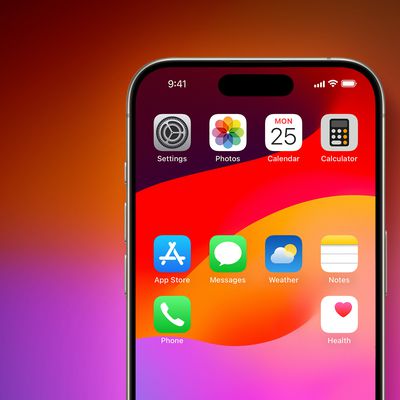

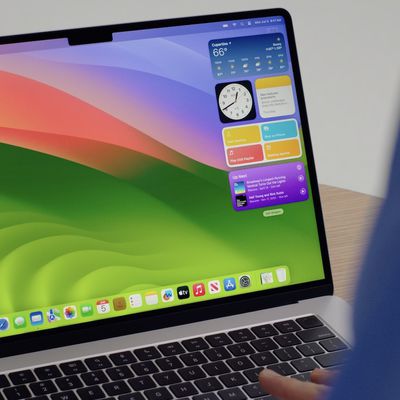
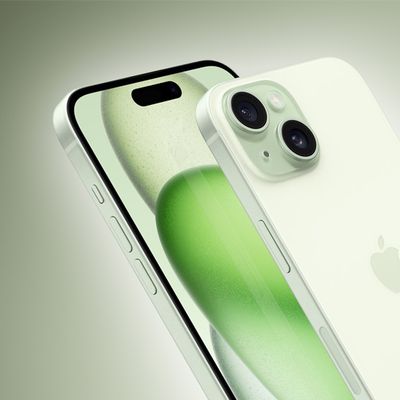
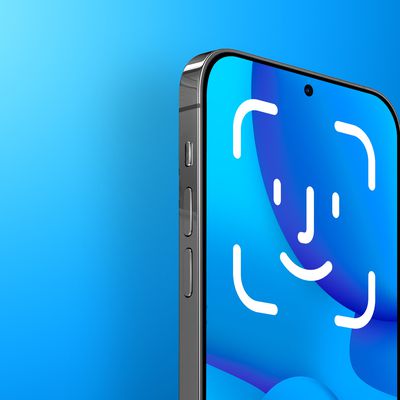














Top Rated Comments